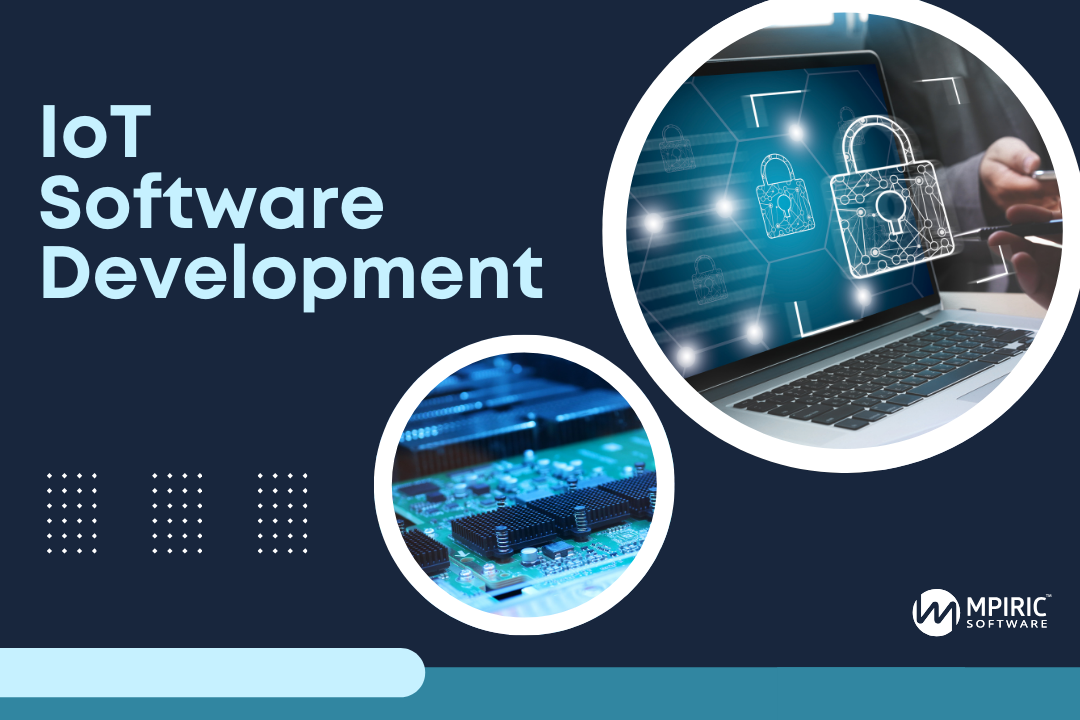In 2025, startups are navigating a fast-changing technological landscape, and one trend is crystal clear: IoT Software Development has become a top priority. With the ability to transform ordinary devices into intelligent, data-driven systems, IoT software opens new avenues for innovation, efficiency, and market disruption. This article explores why startups are increasingly prioritizing IoT Software Development and how it is reshaping the business landscape.
The Surge of IoT in the Startup Ecosystem
Transforming Ideas into Connected Solutions
IoT Software Development empowers startups to build connected products that gather, analyze, and act upon real-time data. From wearable tech to smart appliances, startups are leveraging these capabilities to solve real-world problems with more personalized and responsive solutions.
Rapid Prototyping and Market Entry
Startups benefit from agile development methodologies supported by modern IoT frameworks and tools. This agility allows them to prototype quickly, gather user feedback, and launch products faster, a crucial advantage in a competitive market.
Top Reasons Startups Opt for IoT Software Development
Cost Efficiency with Smart Operations
By integrating IoT technologies, startups can optimize operations through automation and real-time monitoring. IoT Software Development enables predictive maintenance, energy efficiency, and inventory control, reducing overhead costs.
Enhanced Customer Experience
Startups that invest in IoT software can offer users smarter, more interactive experiences. Whether it’s a fitness band that tracks health metrics or a home device that learns user preferences, IoT creates tailored experiences that drive customer loyalty.
Scalability and Flexibility
IoT Software Development provides scalable infrastructure that supports growth. Startups can begin with a minimum viable product and expand functionalities as they gain market traction.
Data-Driven Decision Making
With IoT sensors collecting massive volumes of data, startups gain valuable insights into user behavior and product performance. These insights inform decisions around product design, marketing, and customer support.
Attracting Investors
Innovative startups using IoT software are more likely to attract funding. Investors recognize the growth potential in IoT-enabled products and services, making such ventures appealing for financial backing.
Competitive Advantage
Startups that integrate IoT Software Development early in their business model often stand out from competitors. The unique value propositions enabled by IoT help create strong brand differentiation.
Ecosystem Integration
IoT allows startups to create products that integrate with larger ecosystems like smart homes or industrial automation platforms. This enhances the value of their solutions and opens doors to partnerships with established players.
Compliance and Security Advantage
Modern IoT Software Development includes best practices in cybersecurity and regulatory compliance, ensuring startups meet industry standards and protect user data effectively.
Key Sectors Where Startups Thrive with IoT Software
Healthcare and Wearables
Startups in health tech are leveraging IoT to create remote monitoring devices, fitness trackers, and diagnostic tools that enhance patient care and wellness.
Smart Home and Lifestyle
Home automation startups are using IoT to develop devices that control lighting, security, and energy usage, delivering convenience and sustainability.
Agriculture and Food Tech
IoT Development is empowering Agri-tech startups to monitor soil quality, crop health, and supply chains, improving yield and reducing waste.
Logistics and Supply Chain
Startups in logistics are building IoT-powered systems to track assets, optimize delivery routes, and maintain real-time inventory visibility.
Final Thoughts
As the demand for connected solutions grows, more startups will continue to embrace IoT Software Development. The synergy of innovation, efficiency, and scalability positions IoT as a vital asset for entrepreneurial success in 2025.
It’s important to highlight the evolving trends and long-term benefits. Startups focusing on sustainability, automation, and real-time intelligence are finding IoT Software Development to be indispensable. The key lies in choosing the right technology stack and development strategy that aligns with business goals.
Furthermore, as global IoT Development trends emphasize edge computing and AI integration, startups must adapt quickly. Those who do will not only remain competitive but will redefine how value is delivered across sectors.
By implementing robust IoT Development strategies and focusing on user-centric design, startups can unlock new growth opportunities and scale faster in 2025 and beyond.
FAQs
Why is IoT Software Development important for startups in 2025?
IoT Software Development enables startups to create intelligent, data-driven products that are scalable, cost-efficient, and customer-centric. These capabilities are critical in a tech-forward economy.
How does IoT Software Development reduce startup costs?
Through automation, predictive analytics, and efficient resource management, IoT software development helps minimize operational and maintenance costs.
What tools are commonly used in IoT Software Development for startups?
Startups often use platforms like AWS IoT, Google Cloud IoT Core, and open-source frameworks such as Node-RED, Arduino, and Raspberry Pi for rapid development and deployment.
What challenges do startups face in IoT Software Development?
Common challenges include ensuring device interoperability, managing large volumes of data, maintaining cybersecurity, and meeting compliance regulations.


